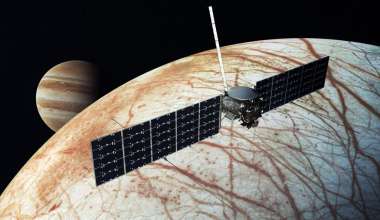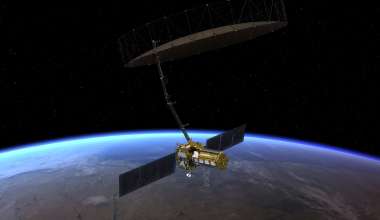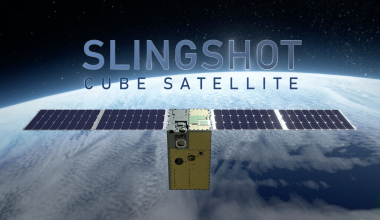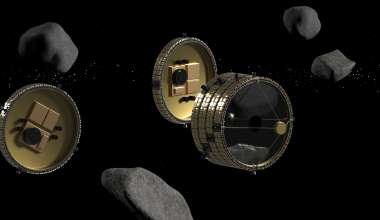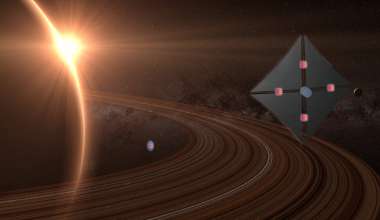The space domain’s rapid expansion has emphasized the need to operate faster and with broader awareness to stay ahead in an increasingly complex environment. As a result, interest in new technologies and approaches, such as artificial intelligence and machine learning (AI/ML), continues to increase as organizations consider how innovative capabilities can be meaningfully incorporated to augment mission success.
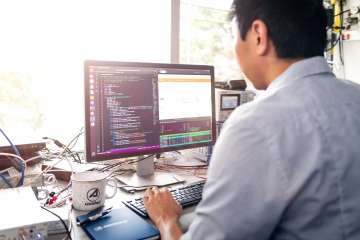
Through its innovative development of cutting-edge end-to-end solutions and cultivation of top technical experts, The Aerospace Corporation is well-positioned to work effectively with the nation’s space agencies and partners to address pressing challenges.
Aerospace is actively identifying opportunities to leverage data science and AI/ML applications and methodologies to improve efficiency and close gaps throughout the mission lifecycle.
“The work that we do is quite varied since the customers we interact with reflect Aerospace’s diverse contributions across the space enterprise,” said Liz Davison, Director of the Data Science and Artificial Intelligence Department. “The value Aerospace brings is in supporting our customers to understand the best uses of new technologies, create prototypes and conduct testing, and help users through that implementation process.”
A Team of Teams
Aerospace’s Data Science and Artificial Intelligence Department, which is led by an all-women leadership team, is organized into three sections to address different focuses and needs. The Data Science Applications team examines how data science can offer solutions. Technical staff develop models, tools and other applications on a quick-turnaround timeline to contribute to high-impact customer areas. The Data-driven Research and Algorithms section operates with a longer-term focus and adopts a more exploratory approach by conducting research and investigating new technologies.
Working closely with these two departmental teams, the Machine Learning Engineering section is geared towards shifting models into production, often one of the most challenging steps in ML development. Personnel assist with the transition of research products and applications. This three-pronged approach illustrates Aerospace’s commitment to growing and maintaining knowledge across multiple aspects of data science and AI/ML, as well as the promising potential it holds to benefit the space enterprise.
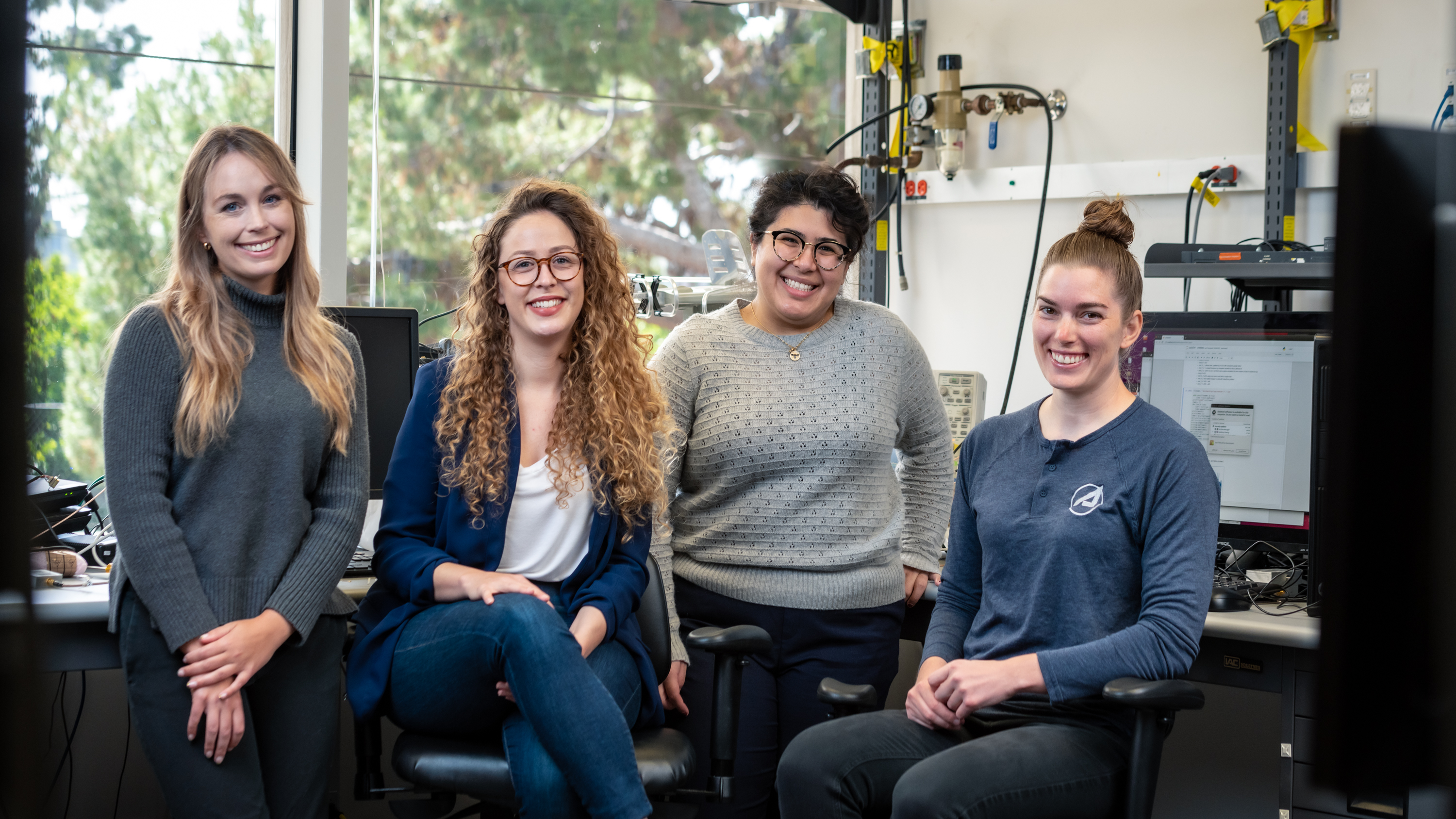
“Computers can process and parse data faster than a human can,” said Panna Felsen, Manager of the Data-driven Research and Algorithms team. “Embracing that speed and utilizing data science and AI techniques is advantageous for the human in the loop. Data science applications can shorten the time it takes to reach a critical decision-making period and can also improve the value of information being conveyed to human decisionmakers.”
An Environment for Excellence
Pursuing the research and facilitation of cutting-edge technology is at its most effective when experts are encouraged to be their best selves—objectively bringing forth and sharing ideas, problem-solving skills, and creativity. This requires not only the attraction and retention of talented bright minds, but also a sustained work environment in which team members are actively engaged to identify and develop impactful solutions.
Each team leader has their own style in how they build an empowering and inclusive environment, providing activities that encourage professional development and connection with peers. Managers also support their team members in understanding personal strengths. By doing so, personnel have a launchpad to be strong voices that ultimately guide Aerospace in innovation, objectivity, and mission success.
“I have been very fortunate to have many mentors that have really cared what I’ve been doing and have advocated for me throughout my whole career,” said Silvia Chavarin, Manager of the Machine Learning Engineering team. “Mentorship is absolutely valuable and it’s critical to keep identifying ways to give back not just to the Aerospace community but also in general.”
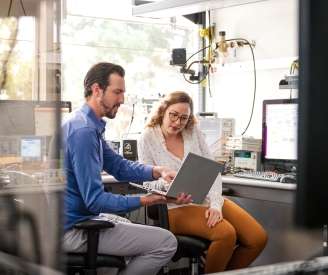
By developing their teams, these leaders are shaping a brighter future for Aerospace and the broader STEM field. In turn, these nurtured individuals are driving Aerospace’s capability in pushing the boundary of what’s possible and advancing the space enterprise.
“It’s really important to have an example of someone you can kind of see yourself working towards,” said Celeste Manughian-Peter, Manager of the Data Science Applications team. “Having this all-female team sends the message that Aerospace is a place where talented candidates can come work and be successful.”


